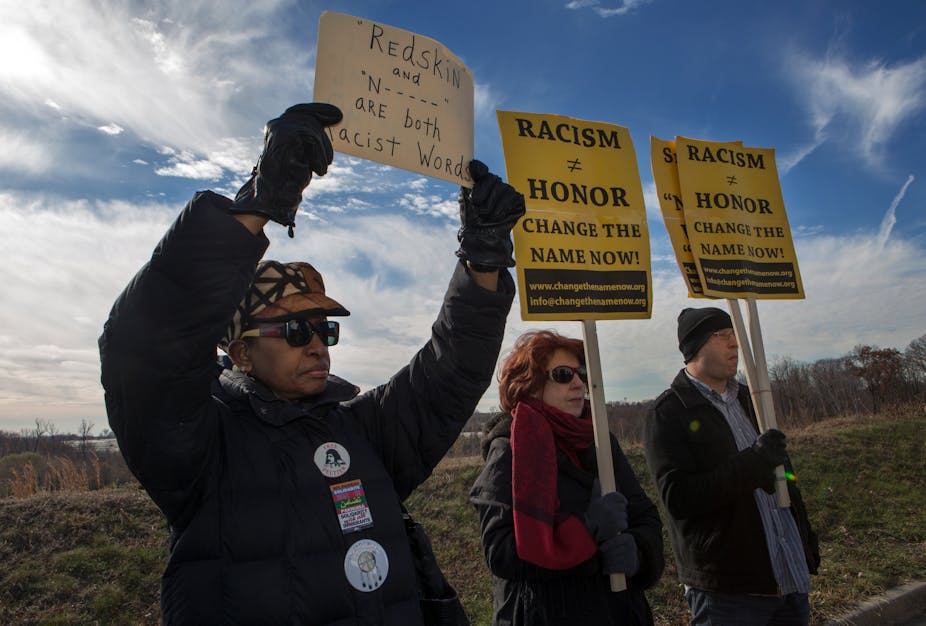The subjects of race, identity and belonging are often fraught with contention and uneasiness. Who are you? Who belongs? Who is native, or indigenous to a place? These perennial questions arise around the world.
They are the subject of the book The Paradox(es) of Diasporic Identity, Race and Belonging, edited by Benjamin Maiangwa, a political scientist at Lakehead University in Canada.
The contributors are academics, mostly early career scholars and doctoral candidates in African and North American universities. They study genocide, peace and conflict, gender, decolonial practices, identity, race and war.
Unavoidably, questions that defy convenient answers pervade the reflections and analyses in the book.
In my own work as a scholar of African literature with an interest in the subjects of conflict, childhood and identity, I underscore the relevance of these questions.
The Paradox(es) of Diasporic Identity, Race and Belonging assembles voices that urge us to think more critically about how the politics of race and identity hampers healthy interrelations among people.
In a world increasingly divided by supremacist ideologies, the insights in this collection of essays are highly relevant.
What the book’s about
The contributors to the book use a variety of forms of writing. Some of the essays are autobiograpical; some are literary criticism; others scholarly analyses. They re-examine familiar but controversial concepts.
Among them are ideas about naming, indigeneity, land, citizenship, identitarian disparity, diasporic (un)being, immigration and migration, and the political economy of (un)belonging. These are topical ideas that predominate in discourses on nationalism, ethnicity and nation states. Their engagement in this collection helps us to further appreciate how unfixed and complex they are; they are never amenable to any easy analysis.
The volume is structured into three parts: Identity, Coloniality, and Home; Diaspora, Race, and Immigration; and Belonging: Cross-Cutting Issues. Each section has an introduction, a conversation among four of the contributors, an epilogue and an afterword.
This layout attests to the careful editing of the whole. There is an organic flow of engagement with ideas from one chapter to the next. Yet no chapter’s unique argument is overshadowed by another’s.
Critical probing and analysis
The chapters inspired by personal experiences do as much critical probing as those framed by hardcore analyses.
The contributions don’t sound jointly rehearsed, but represent a form of dialogue. Readers will find a kaleidoscope of interrelated but distinct compelling arguments on matters of race, identity and belonging, and the violent and paradoxical patterns they take in the postcolony. This is a notion that is concerned with a particular historical course involving societies that have latterly experienced colonialism, as theorised by the Cameroonian historian and political theorist Achille Mbembe.
As is customary in volumes of this kind, the opening chapter comes from the editor. He welcomes readers with questions that invite them to ruminate on place and identity construction and the way it determines relations.
Such questions, which reverberate throughout the volume, are “What is home? What creates the feeling of belonging or (dis)connection to a place/space or other people? Is home a place, a feeling, other people, or an idea? Is it a destination or a spiritual entity or experience? Who am I in this political space?”
For the reader who has taken their identity for granted thus far, such questions can be jarring and unnerving. They can also provoke deep thoughts.
The construction of race
The chapter underlines the fact that identity is constructed and is fluid. It stresses racial signifiers – indigenous, native, white, black – as markers which mask, confuse, distress and misrepresent.
In some people they produce false triumphalism and superiority and in others they activate demeaning nervousness. As the chapter maintains, cultural essentialism, the product of these markers, distorts cultural facts. It also abjures a cultivation of interest in history and critical mindedness. And it is this matter of invented racial/cultural identity that the conversation in chapter 12 of the book foregrounds.
In that conversation, such constructs as “Black”, “African”, “White” and “immigrant” ricochet from one discussant to another. The conversation makes it clear that there is a kind of under-appreciation of the violence that minoritised people within national boundaries and diasporic spaces experience when designated in certain senses.
Interconnected humanity
With its other chapters, the volume broadens the frontiers of research in the intersecting areas of race, ethnicity, peace, home(lessness), gender and other forms of identity and diasporic formations. It calls for a spiritual reawakening of our identities.
This volume is a force in the promotion and celebration of the dignity of human differences. One can hear again and again the refrain in Maya Angelou’s timeless poem, Human Family:
The humanistic ring in this book results from a conviction that the human or spiritual identity trumps all other ones, including institutionalised discriminatory ways of being and exclusionary policies and regulations, all of which enable the questioning of other people’s humanity.
The contributors’ insistence is on interconnected human relations and, to borrow from the Canadian novelist and essayist, Dionne Brand, on life –
Scholars, students and general readers interested in migration studies, peace and conflict studies, political science, literary studies, African studies, international relations, gender studies, sociology and history will find this work an enlightening resource.

